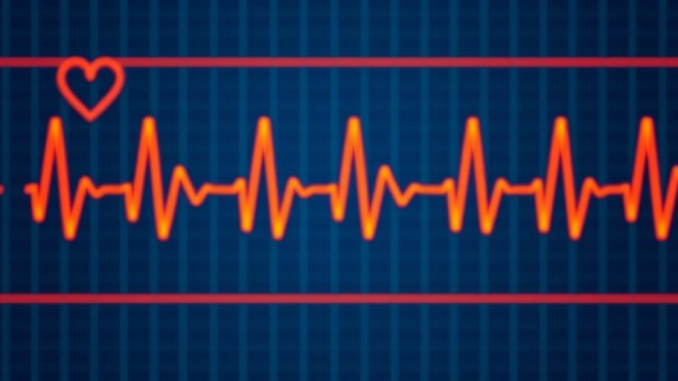
Summary
Medtronic has launched the Aurora EV-ICD system in Japan. This extravascular implantable cardioverter defibrillator (ICD) offers a less invasive alternative to traditional ICDs. The system is designed to treat life-threatening ventricular arrhythmias by restoring the heart to a normal rhythm.
Secure patient data with ease. See how TrueNAS offers self-healing data protection.
** Main Story**
Okay, so Medtronic’s just launched their Aurora EV-ICD system over in Japan. This is kind of a big deal, and here’s why. It’s a new type of defibrillator, and it’s implanted outside the blood vessels. Yeah, I know, sounds wild, right? Instead of threading those leads through veins like with traditional ICDs, they tuck this one under the armpit, placing the lead under the breastbone. Less invasive? Absolutely. And with that, fewer complications are expected.
Think about it. Traditional ICDs, they’re lifesavers, no doubt, but all that lead placement inside blood vessels? It can lead to some serious problems down the line, vein occlusion, infections… things you just don’t want to deal with.
What Makes Aurora Different?
This Aurora EV-ICD is a genuine leap forward. A true paradigm shift, if you will. Here’s a quick rundown of the highlights:
- Fewer Complications: By keeping those leads out of the veins, we’re talking about a lower risk of infections, vein blockage, and those leads shifting around. Nobody wants that, right?
- Minimally Invasive: Smaller incision, less surgery. That translates to quicker recovery times. Patients are back on their feet sooner, and who wouldn’t want that?
- Patient Comfort is Improved: Leads outside the veins, less discomfort. Less chance of lead-related issues. Happy patients, happy doctors, it’s a win-win. It isn’t a question of which is better, it is a question of what suits individual needs.
- Advanced Therapies: It does more than just shock you back to life. It can also deliver anti-tachycardia pacing (ATP). Essentially it sends tiny, controlled pulses to get your heart back in rhythm without a full-on jolt. Pretty neat, huh?
- MRI Compatible: No need to worry about getting an MRI. This system is safe for those scans. Trust me, that’s a big relief for a lot of people.
Now, why is this significant for Japan? Well, they implant around 4,000 new ICDs every year. So, this new system offers a crucial alternative. I mean, it’s ideal for patients with life-threatening arrhythmias, those at high risk, or those with hereditary conditions. Given how populous the nation is it is no surprise that many suffer from such disorders. Plus, the less invasive approach and reduced complication risk might even encourage more people to consider ICD therapy. And that can only be a good thing.
Medtronic’s Commitment to Japan
This launch is just the latest from Medtronic in Japan. They’ve been investing heavily in bringing advanced medical tech to the country for years. And Satoru Haga, the VP of Cardiac Rhythm Management over there, he’s pretty stoked about it. He says it underscores their commitment to providing cutting-edge cardiac care solutions. Which, you know, sounds like corporate speak, but I think it’s genuine. The company has a history there.
And it’s a great thing for Japan, it really is. The nation’s embracing this technology, and it showcases the country’s commitment to high-quality healthcare, especially for its aging population. In short it really reinforces Japan’s position as a leader in healthcare innovation.
It is no surprise that a company with a history going back to the 1950s in the medical device market is a world leader.


The Aurora EV-ICD system’s less invasive approach is a significant advancement. Could this encourage earlier intervention and broaden the range of suitable candidates for ICD therapy, ultimately impacting patient outcomes?